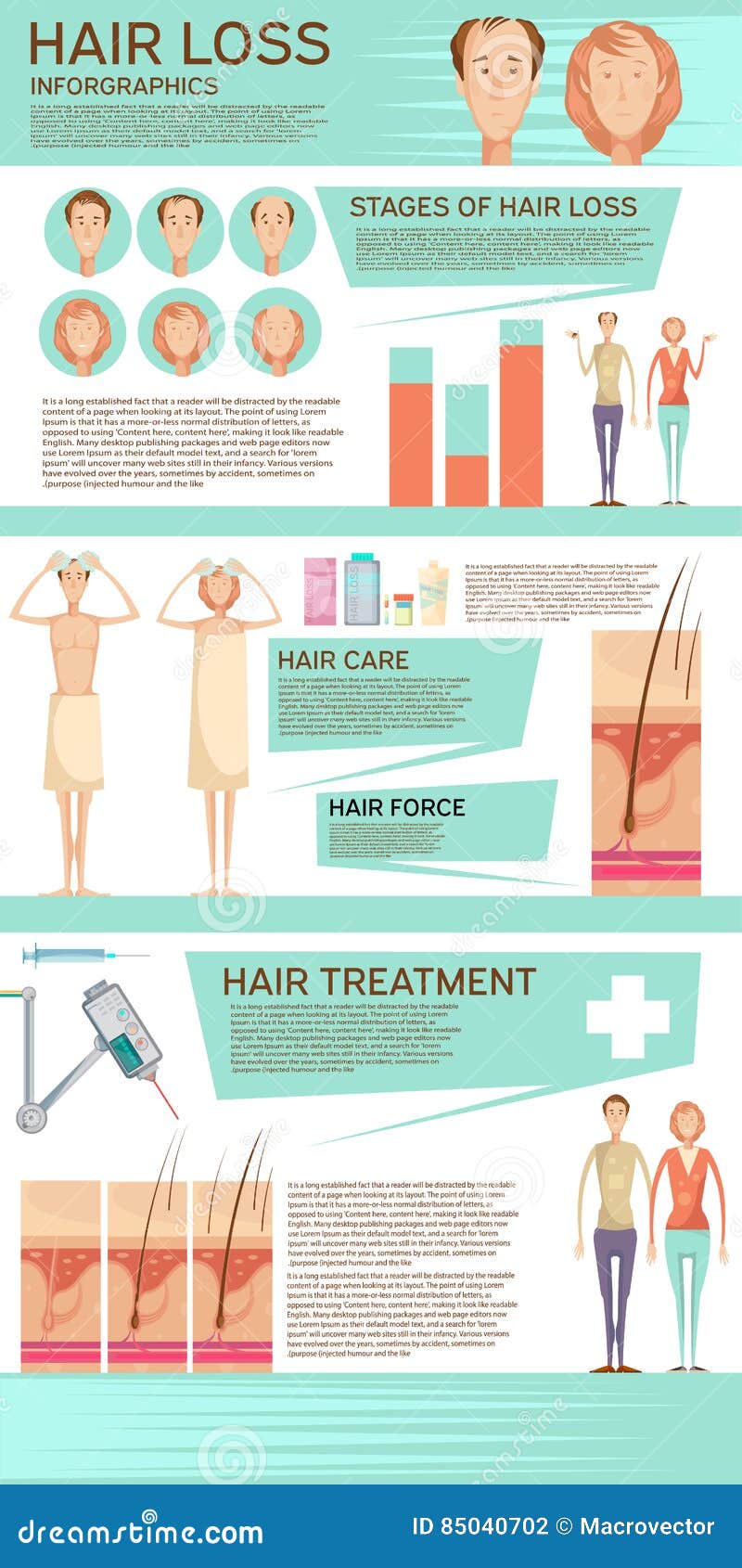Misconceptions And Truths Regarding Acne: Debunking Common Misconceptions
Misconceptions And Truths Regarding Acne: Debunking Common Misconceptions
Blog Article
Posted By-Haney Morse
You might assume that indulging in delicious chocolate or oily foods is the origin of your acne, but that's simply among numerous myths swirling around this typical skin problem. As a matter of fact, acne largely stems from clogged hair roots, not your last treat. Misconceptions like these can lead you to embrace inefficient skin care practices that may also aggravate your situation. As you browse the realities behind acne, you'll uncover insights that can transform your approach to skincare and assist you achieve more clear skin. So, what truly lies below the surface area?
Common Myths Concerning Acne
When it pertains to acne, lots of people rely on typical misconceptions that can lead to confusion and disappointment. One widespread myth is that eating chocolate or oily foods creates acne. While diet can affect skin health and wellness, the straight link in between specific foods and acne isn't as specific as numerous believe.
One more typical mistaken belief is that you ought to scrub your face intensely to improve outbreaks. Actually, hostile rubbing can irritate your skin and aggravate acne.
You might likewise think that acne only impacts teenagers, yet grownups can experience it too, often as a result of hormonal modifications or stress. https://finnjwhuf.blogmazing.com/31502404/interested-by-a-therapy-that-revitalizes-your-skin-discover-the-transformative-benefits-of-microneedling-and-what-it-can-do-for-your-skin believe that sun tanning can clear up acne, but sun exposure can really cause skin damages and worsen breakouts over time.
Finally, lots of believe that using harsh products will get rid of acne promptly. Nevertheless, these products can strip your skin of its natural oils, resulting in boosted inflammation and more breakouts.
Scientific Facts Behind Acne
Comprehending the scientific facts behind acne can encourage you to tackle this common skin condition more effectively.
Acne happens when hair roots become clogged with oil, dead skin cells, and germs. This procedure frequently begins with an overproduction of sebum, the oil your skin normally produces. Hormone changes, especially throughout puberty or menstruation, can activate this excess oil.
Germs referred to as Propionibacterium acnes flourish in these stopped up pores, resulting in swelling. When updated blog post reacts, it can trigger soreness and swelling, leading to those pesky acnes or cysts.
Genetics additionally play a role; if your parents had acne, you may be extra vulnerable to it.
Diet plan and tension levels can influence acne as well, yet study is still progressing in these areas. While enjoying greasy foods won't straight create breakouts, a well balanced diet plan can support your skin health and wellness.
Likewise, managing anxiety can decrease hormone variations that may get worse acne.
Tips for Handling Acne
Handling acne efficiently needs a combination of day-to-day skin care practices and way of life adjustments. Begin by establishing a constant skincare regimen. Clean your face twice a day with a mild, non-comedogenic cleanser to get rid of dust and excess oil. Prevent scrubbing also hard, as this can irritate your skin and intensify acne.
Next off, incorporate products containing salicylic acid or benzoyl peroxide to help avoid breakouts. Always follow up with a lightweight, oil-free moisturizer to maintain your skin hydrated. Do not forget sunscreen; opt for non-comedogenic options to protect your skin from UV damage without clogging pores.
Past skincare, focus on your diet plan. Limitation sweet and greasy foods, and concentrate on fruits, vegetables, and entire grains. Remaining moisturized is critical, so beverage lots of water throughout the day.
Additionally, manage stress and anxiety with tasks like yoga exercise, reflection, or workout, as stress and anxiety can cause breakouts.
Finally, stay clear of selecting or popping acnes. This can bring about scarring and further inflammation. If your acne persists, seek advice from a skin doctor for tailored treatment alternatives.
Conclusion
Finally, it's essential to different truth from fiction when it comes to acne. By disproving common myths, you can much better understand your skin and make educated options for your skincare routine. So, why continue to believe in obsolete concepts when the reality can empower you? Accept healthier practices, focus on gentle cleaning, and keep in mind that taking care of acne is a journey. With the best understanding, you're one step closer to more clear, healthier skin.
